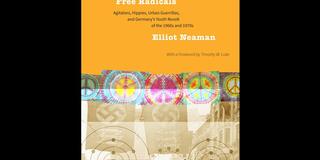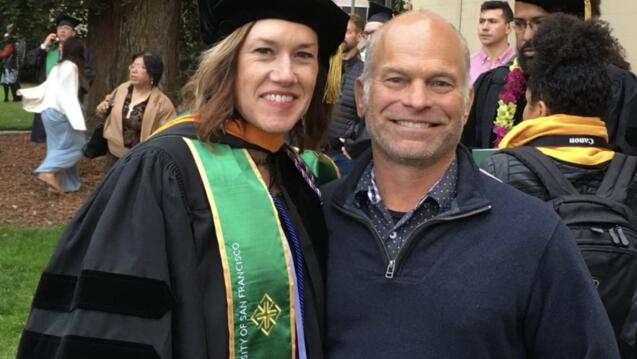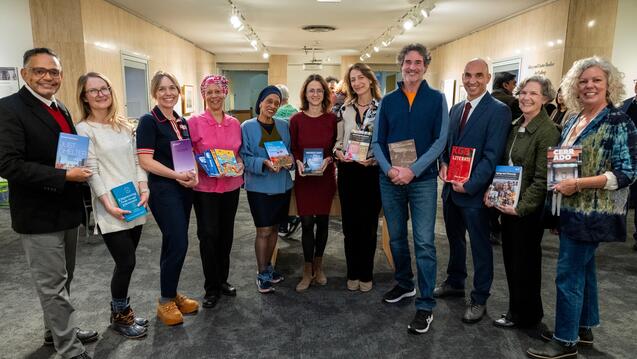Prof. Neaman’s New Book Explores How Germany Rebuilt its Reputation

In his new book Free Radicals, Professor Elliot Neaman analyzes the German student movement of 1968 and the role it played in the formation of the first free, democratic government on German soil.
The student movement of 1968, particularly the ongoing controversy about whether or not it truly contributed to the liberalization of Germany after 1945, has always been of great interest to Prof. Neaman.
“German history is tragic, and the Germans have never been able to escape the stain of 12 years of National Socialism,” Prof. Neaman said. “My book deals with the heroic attempt made by Germans after 1945 to free themselves from the shackles of National Socialism and the Holocaust.”
Free Radicals acknowledges the important role that the 1960s played in Germany’s liberalization, helping it regain its moral voice and reputation for enlightened, liberal politics, but argues that the students took too much credit for Germany’s liberation from this terrible period in its history. While they contributed to advancing liberal reforms at first, the student movement eventually took a dark turn; mimicking the style of a political thriller, Neaman documents the movement’s descent into nihilism and terror against the backdrop of the Cold War.
Prof. Neaman has published several articles on this topic before; perhaps the most well known is “West German Generations and the Gewaltfrage: The Conflict of the Sixty-Eighters and the Forty-Fivers,” which he co-wrote for the book The Modernist Imagination. He is also the author of the book A Dubious Past: Ernst Jünger and the Politics of Literature after Nazism.
In addition to directing the European Studies program, Prof. Neaman teaches for the Honors Program in Humanities. He has been teaching at USF for more than 20 years.
Free Radicals was published by Telos Press in October 2016.


